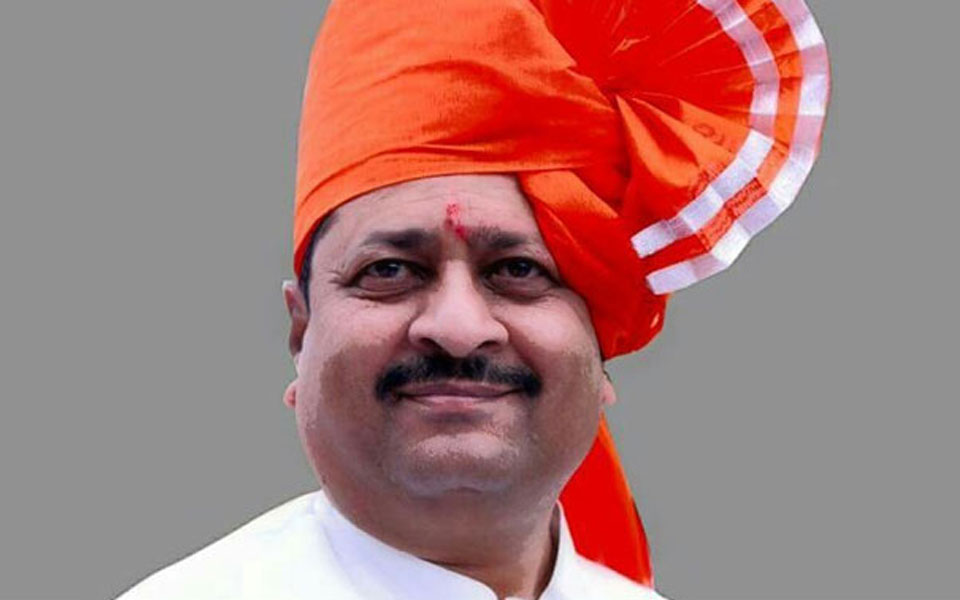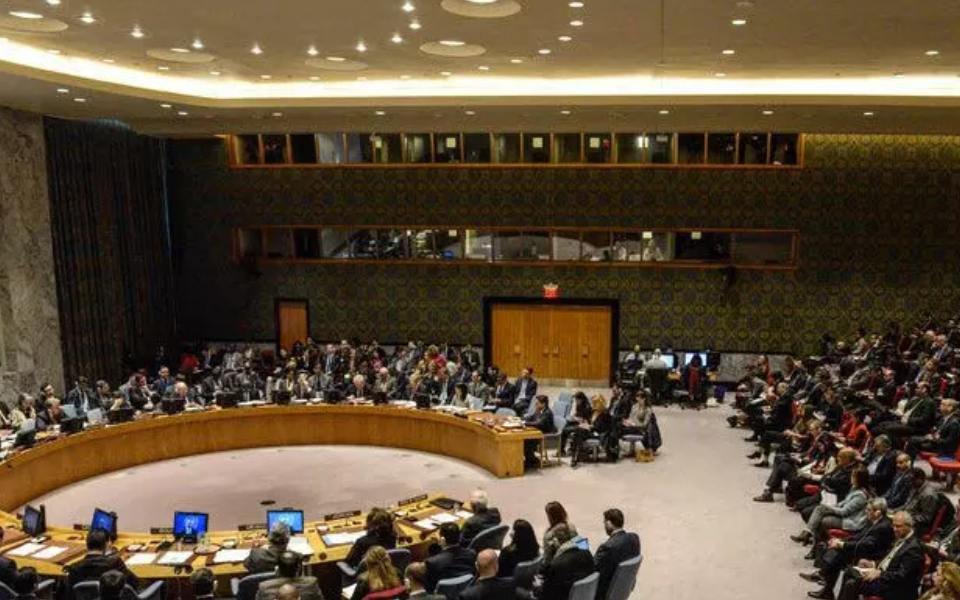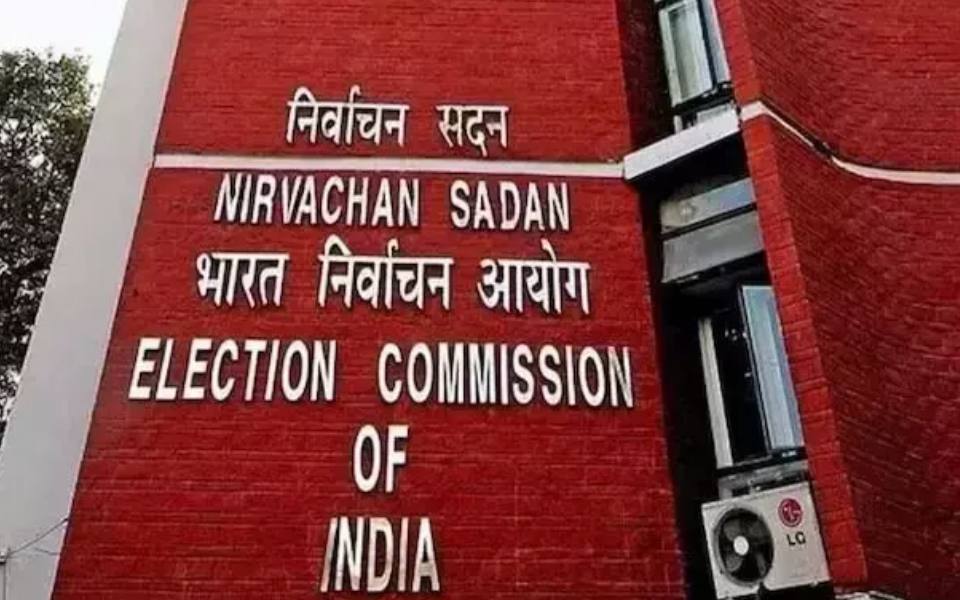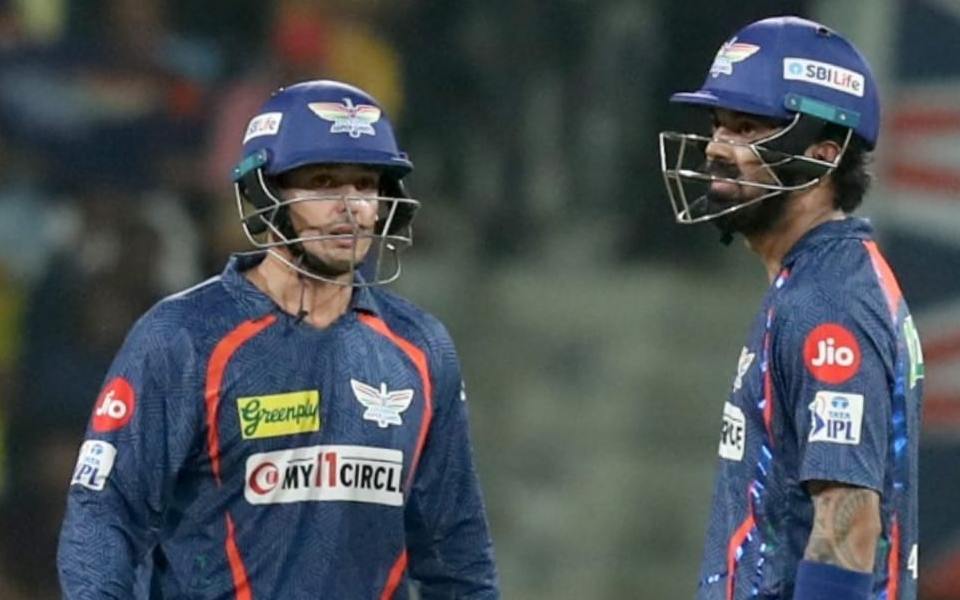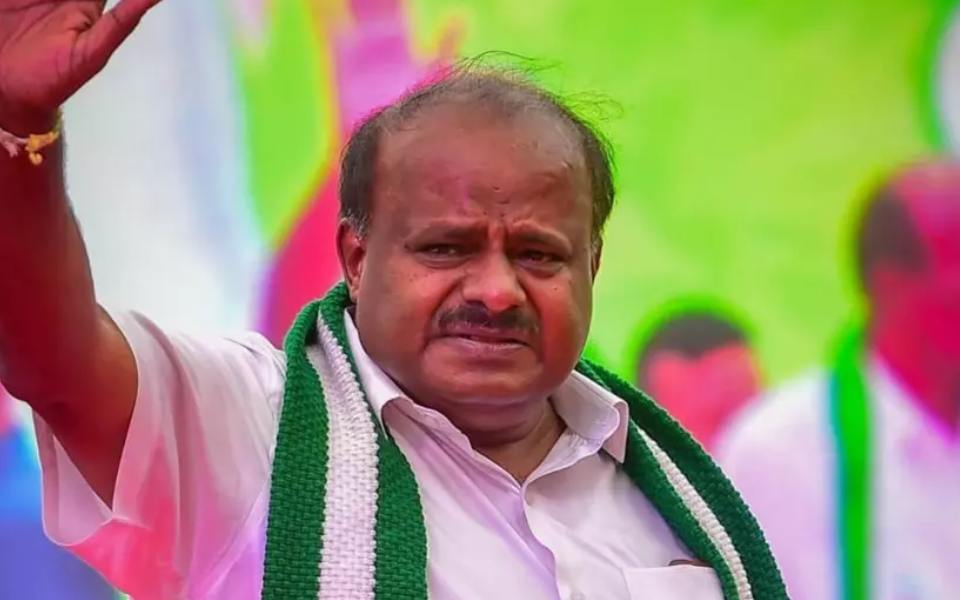Just as the accused in Gauri Lankesh murder case are getting arrested one after another, BJP MLA Basanagouda Yatnal, addressing a public meeting, has said “if I was the home minister, I would issue orders to shoot the intellectuals en masse”. Yatnal’s statement can be interpreted in many ways. He has also defended the murder of Gauri Lankesh, along with criticizing the police for arresting the accused. He has also encouraged the antisocial elements to murder more rationalists and thinkers in the days to come. In the recent days, Yatnal has lost track of what he speaks and has continued the display of his ignorance and senility with his statements.
Let’s understand the term ‘intellectuals’. They are the same people who were behind the fight for freedom of this country, than the brainless ones like those in the RSS. People like Yatnal need to understand this clearly. A country gets its identity from the scientific and rational thoughts it encourages to thrive in its environs. Rationality has played a major role in the post-independence period in the progress of the country.
Most freedom fighters were also intellectuals, who had received their education in England. They planned the progress of India very well with the exposure they got. Brahma Samaj was established by an intellectual. Owing to intellectuals like Raja Ram Mohan Roy, India could end inhuman traditions such as Sati and child marriage. The movements he started, helped India become a progressive nation. Outfits like RSS has remained mute about the practice of casteism and untouchability within Hindu dharma.
Swami Vivekananda was an intellectual himself. There is a major difference between his stances in Hindu dharma and the stances of RSS. Vivekananda told those engaged in Gau Raksha to first rescue the human beings. He tore into the safe confines of Hindu dharma and criticized it like no one else did. If he was alive today, the goondas of Sangh Parivar would have assaulted him in the same way as they attacked Swami Agnivesh. Or, some elected representative like Yatnal would have issued orders to shoot him in public to death.
Bhagat Singh, who laid down his life opposing the British rule in India, was also an intellectual par excellence. While he was in jail, he wrote books that explained why he turned an atheist. He had opened himself up to many ideologies and was a voracious reader who read a lot even when he was in jail. He was very young when he was sent to gallows. He scared the ruling dispensation, the British, with his knowledge and determination.
At the same time, Veer Savarkar, the most revered idol of people like Yatnal, was busy writing mercy petitions to the British and sought their mercy to escape the prison. This country got its independence because of people like Bhagat Singh, Ambedkar, Subhash Chandra Bose and such intellectuals and not because of the Savarkar or Godse, Hedgewar or such believers of Manu. If India had followed them, the country would still be wallowing under the British rule.
Not only that, the Dalits, Shudras and other ‘lowly’ communities would still be serving the priestly class, and remaining subservient to them forever. Yatnal uses the platform of ‘Kargil Divas’ to criticize the intellectuals. Thus, he has insulted the sacrifice made by the soldiers for the country. Millions of soldiers have laid down their lives for the country, and not all of them have stood on the borders shooting down the Pakistani soldiers. Most of them died fighting the zamindari system in their villages, to rise beyond that and join the army. And every civilian who died in the fight to restore human rights and fundamental rights of citizens is a soldier indeed.
While soldiers defended borders of the nation, a civil rights worker defended the lives of people within the borders of the nation, to obtain Right to Information act, human rights act etc. Many people have been killed for their fights against the system.Persons like Pansare and Dabholkar who fought against superstitions, Kalburgi who raised his voice against the brahminical hegemony, Gauri Lankesh who raised her voice against Sangh Parivar violence – all of them are no less than any soldier who safeguarded the nation. They were killed because of their ideologies. People like Yatnal who would want rationalists dead, are the real enemies of the nation.
Yatnal and the likes are the ones who want to skew the noble interpretation of Hindu dharma, that was popularized all over the world by none other than Swami Vivekananda. Yatnals of the nation, are the real enemies of Hindu dharma and they are the reason as to why people have begun to turn their backs to Hindu dharma. The call given by Yatnal has been some sort of an encouragement to commit more crimes in the name of dharma. In this background, the police have to register a suo motu case against him for interfering with the investigation of Gauri Lankesh murder and for conveying a negative message to the society along with egging the miscreants to do more such crimes.
The state unit of BJP has to issue a clarification against Yatnal. If not, people will assume they are silently concurring with Yatnal’s words and its implications.
Let the Truth be known. If you read VB and like VB, please be a VB Supporter and Help us deliver the Truth to one and all.
United Nations, Apr 19: The US has vetoed a resolution in the UN Security Council on the latest Palestinian bid to be granted full membership of the United Nations, an outcome lauded by Israel but criticised by Palestine as “unfair, immoral, and unjustified".
The 15-nation Council voted on a draft resolution Thursday that would have recommended to the 193-member UN General Assembly “that the State of Palestine be admitted to membership in the United Nations.”
The resolution got 12 votes in its favour, with Switzerland and the UK abstaining and the US casting its veto.
To be adopted, the draft resolution required at least nine Council members voting in its favour, with no vetoes by any of its five permanent members - China, France, Russia, the United Kingdom and the United States.
Palestinian attempts for recognition as a full member state began in 2011. Palestine is currently a non-member observer state, a status that was granted in November 2012 by the UN General Assembly.
This status allows Palestine to participate in proceedings of the world body but it cannot vote on resolutions. The only other non-member Observer State at the UN is the Holy See, representing the Vatican.
Israel’s Foreign Minister Israel Katz praised the US for vetoing what he called a “shameful proposal.”
“The proposal to recognise a Palestinian state, more than 6 months after the largest massacre of Jews since the Holocaust and after the sexual crimes and other atrocities committed by Hamas terrorists was a reward for terrorism”, Katz wrote on X, after the US veto.
US Ambassador Robert Wood, Alternative Representative for Special Political Affairs, said in the explanation of the vote at the Security Council meeting on Palestinian membership that Washington continues to strongly support a two-state solution.
“It remains the US view that the most expeditious path toward statehood for the Palestinian people is through direct negotiations between Israel and the Palestinian Authority with the support of the United States and other partners,” he said.
“This vote does not reflect opposition to Palestinian statehood, but instead is an acknowledgement that it will only come from direct negotiations between the parties.”
Wood said there are “unresolved questions” as to whether Palestine meets the criteria to be considered a State.
“We have long called on the Palestinian Authority to undertake necessary reforms to help establish the attributes of readiness for statehood and note that Hamas - a terrorist organisation - is currently exerting power and influence in Gaza, an integral part of the state envisioned in this resolution,” he said, adding that “For these reasons, the United States voted “no” on this Security Council resolution.”
Wood noted that since the October 7 attacks last year against Israel by Hamas, US President Joe Biden has been clear that sustainable peace in the region can only be achieved through a two-state solution, with Israel’s security guaranteed.
"There is no other path that guarantees Israel’s security and future as a democratic Jewish state. There is no other path that guarantees Palestinians can live in peace and with dignity in a state of their own. And there is no other path that leads to regional integration between Israel and all its Arab neighbours, including Saudi Arabia,” he said.
The Palestinian Authority President, Mahmoud Abbas, sharply criticised the US veto, saying that it was “unfair, immoral, and unjustified, and defies the will of the international community, which strongly supports the State of Palestine obtaining full membership in the United Nations.”
Riyad Mansour, Permanent Observer of the State of Palestine, said that “our right to self-determination has never once been subject to bargaining or negotiation.
“Our right to self-determination is a natural right, a historic right, a legal right. A right to live in our homeland Palestine as an independent state that is free and that is sovereign. Our right to self-determination is inalienable...,” he said.
Getting emotional and choking up as he made the remarks, Mansour said that a majority of the Council members “have risen to the level of this historic moment” and have stood “on the side of justice, freedom and hope.”
He asserted that Palestine’s admission as a full member of the UN is an “investment in peace.”
On April 2, 2024, Palestine again sent a letter to UN Secretary-General Antonio Guterres requesting that its application for full UN membership be considered again.
For a State to be granted full UN membership, its application must be approved both by the Security Council and the General Assembly, where a two-thirds majority of the members present and voting is required for the State to be admitted as a full member.
Earlier in the day, Guterres, in his remarks to a Council meeting on the Middle East, warned that the region is on a “knife edge”.
“Recent escalations make it even more important to support good-faith efforts to find lasting peace between Israel and a fully independent, viable and sovereign Palestinian state,” Guterres said.
“Failure to make progress towards a two-state solution will only increase volatility and risk for hundreds of millions of people across the region, who will continue to live under the constant threat of violence,” he said.
The UN, citing the Ministry of Health in Gaza, said that between October 7 last year and April 17, at least 33,899 Palestinians have been killed in Gaza and 76,664 Palestinians injured. Over 1,200 Israelis and foreign nationals, including 33 children, have been killed in Israel, the vast majority on October 7.
As of April 17, Israeli authorities estimate that 133 Israelis and foreign nationals remain captive in Gaza, including fatalities whose bodies are withheld.

